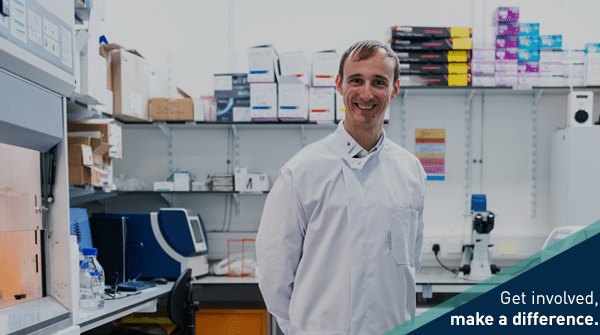Make a difference in your sector, become a Science Council assessor

Become an assessor with us, and support your colleagues to become recognised for their talent and skills in science.
You will need to bring expertise from your discipline together with your ability to access scientists and technicians with a whole range of backgrounds, to a common standard. We will provide training and support for you in this role.
Eligibility Criteria
- Hold Science Council professional registration e.g CSci, RSci & RSciTech
- Have undergone GDPR training or can complete via the Science Council.
Role Summary (online)
- Complete assessments of applications via the Science Council common application process.
- Be able to attend training; complete a probation period and refresher training as required.
Please contact Mim Ferdous if you are interested or have any questions.
2026 training dates
- New Assessor Training – Thursday 12th March 2026, 10am – 12pm GMT via Zoom
- Refresher Training – Thursday 9th July 2026, 10am – 12pm BST via Zoom
- New Assessor Training – Thursday 5th November 2026, 10am – 12pm GMT via Zoom
Discover what being an assessor and mentor means to Charlie Houston FIBMS CSci MSc
Apply to become a Science Council Assessor
Online form for people to apply to be an assessor

Interested in other volunteering opportunities? Become a Registrant Champion